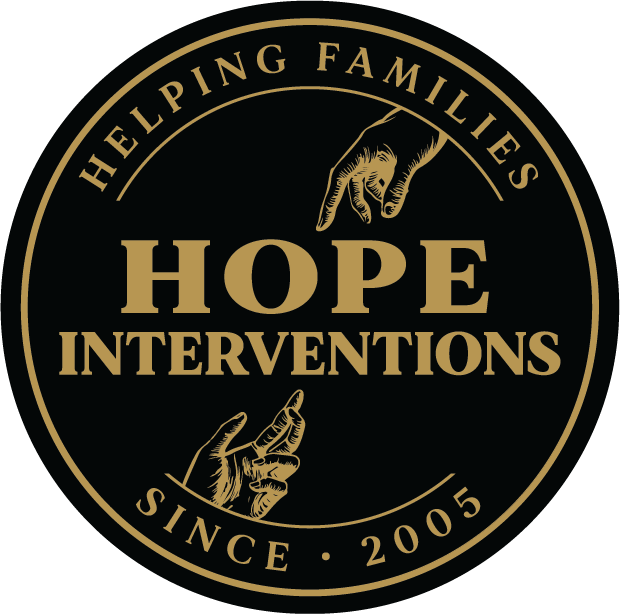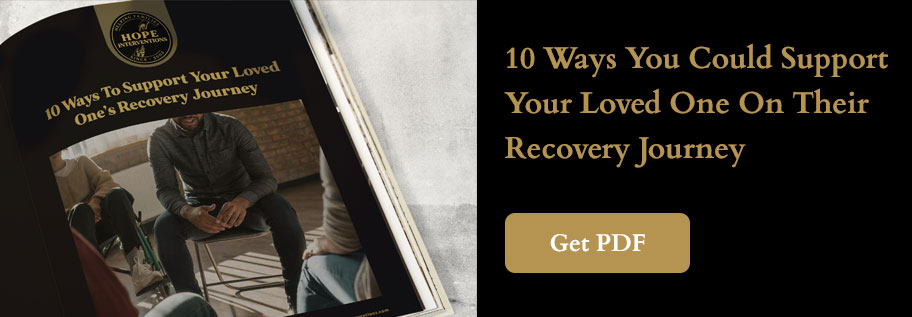Signs That It’s Time for an Addiction Intervention
Deciding to intervene in a loved one’s addiction can be a difficult and emotional decision. It’s often challenging to know when the right time is to step in and offer help. At Hope Interventions, we understand the complexities families face and aim to provide clear guidance on recognizing the signs that it’s time for an intervention.
Neglecting Responsibilities
One of the most apparent signs that an intervention may be necessary is when your loved one begins to neglect their responsibilities at home, work, or school. This could manifest as:
Frequent absences from work or school.
Poor performance and a lack of interest in their usual activities.
Ignoring household chores or neglecting to care for children or pets.
Health Problems
Substance abuse can take a severe toll on an individual’s physical and mental health. Signs that indicate a serious health issue related to addiction include:
Frequent illnesses or infections.
Noticeable weight loss or gain.
Unexplained injuries or accidents.
Decline in personal hygiene and appearance.
Mental health issues such as depression, anxiety, or paranoia.
Financial Troubles
Addiction often leads to significant financial difficulties. If your loved one is experiencing unexplained financial problems, it may be a sign that they are struggling with addiction:
Unexplained expenses or frequent requests for money.
Selling personal items or property to obtain drugs or alcohol.
Accumulating debt or legal issues related to financial mismanagement.
Behavioral Changes
Behavioral changes can be a red flag for addiction. These changes may include:
Increased secrecy and isolation.
Erratic or aggressive behavior.
Mood swings and sudden outbursts.
Loss of interest in hobbies and social activities they once enjoyed.
Social Withdrawal
If your loved one is withdrawing from social activities and isolating themselves from friends and family, it may be a sign of addiction:
Avoiding social gatherings and family events.
Breaking off friendships and relationships.
Spending excessive time alone or with new, questionable acquaintances.
Legal Issues
Legal troubles are often a consequence of substance abuse. If your loved one is encountering legal problems, it may be time to consider an intervention:
Arrests for DUI (driving under the influence) or drug-related offenses.
Legal disputes over financial issues or custody of children.
Frequent involvement with law enforcement
Tolerance and Withdrawal Symptoms
Physiological signs of addiction can include increased tolerance to the substance and withdrawal symptoms when not using it:
Needing more of the substance to achieve the same effect.
Experiencing withdrawal symptoms such as nausea, shaking, sweating, or irritability when not using the substance.
Failed Attempts to Quit
If your loved one has made multiple unsuccessful attempts to quit using the substance, it may be a clear sign that professional help is needed:
Repeatedly promising to stop but failing to do so.
Expressing guilt or remorse about their substance use but continuing the behavior.
Impact on Relationships
Addiction often strains personal relationships, leading to conflicts and breakdowns:
Frequent arguments and conflicts with family and friends.
Loss of trust and increased tension in relationships.
Emotional distance and lack of communication.
Conclusion
Recognizing these signs can be the first step towards helping your loved one reclaim their life from addiction. Interventions are not about punishment but about offering support and a path to recovery. If you see these signs in someone you care about, it may be time to consider an intervention.
At Hope Interventions, we provide the expertise and compassionate support needed to guide families through this challenging process. Contact us today for more information and to learn how we can help you and your loved one take the first step toward recovery.


